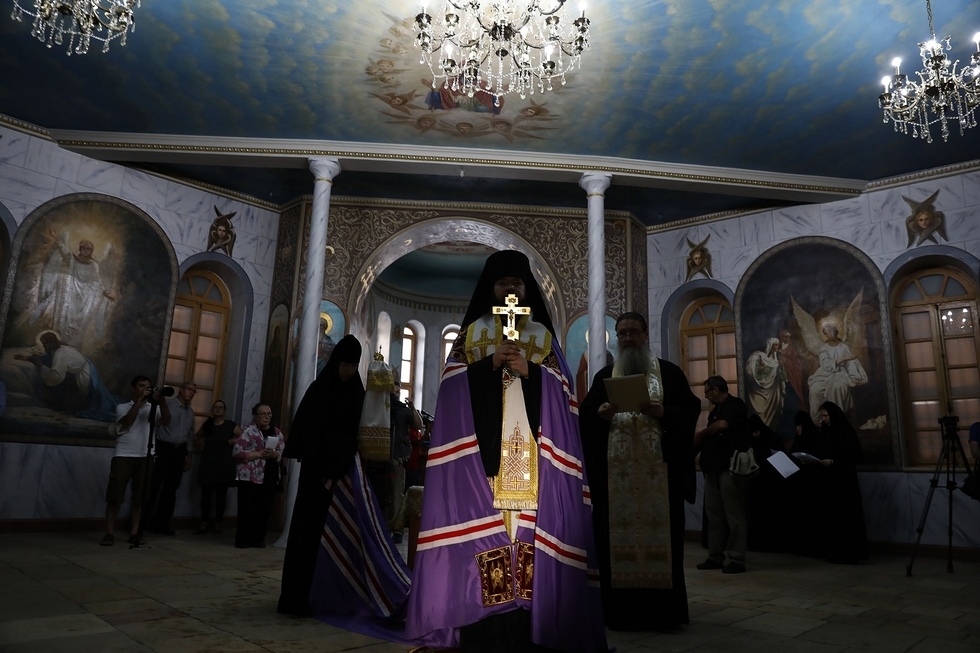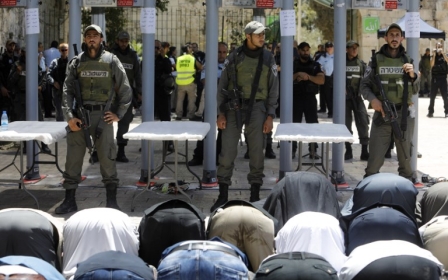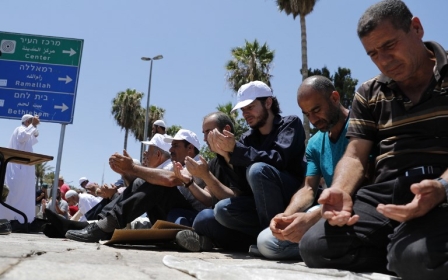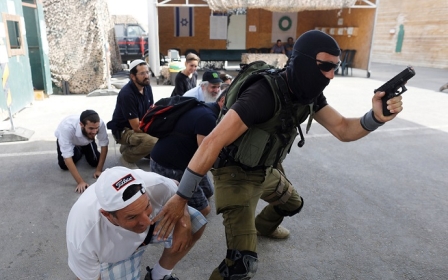Renovated Tsarist hostel reopens in Jerusalem

A Jerusalem hostel for Christian Orthodox pilgrims that became a symbol of imperial Russia's presence in the Holy Land reopened on Tuesday after six years of renovation work that the Kremlin allocated $10m for.
Israel handed the Sergei Courtyard in the city's Russian Compound back to Moscow in 2008 after a long legal battle and an intervention by President Vladimir Putin.
The complex was funded by an uncle of Tsar Nicholas II and built in 1890 by the Imperial Orthodox Palestine Society to house aristocratic pilgrims.
It became famous for its architecture, enclosed garden and a tower in one corner that resembles a chess rook.
But Ottoman authorities requisitioned it in World War I after going to war with Russia, and British then Israeli authorities went on to house administrative agencies there.
Until recently it was home to Israel's nature protection society.
On Tuesday, Russian diplomats and representatives of the Russian Orthodox Church took part in the reopening ceremony.
The 36,000 square metre building was funded by Grand Duke Sergei Alexandrovich, brother to Tsar Alexander III, and built with imported Russian stone.
It houses a library, a cafe and restaurant, in addition to 22 rooms for pilgrims and other visitors; it is a short walk from the holy sites of Jerusalem's Old City.
Russian mystic and courtier of Tsar Nicholas II, Grigori Rasputin, is thought to have stayed at the hostel, Israeli public television reported.
He is said to have made a pilgrimage of contrition after a scandal involving a Russian ballerina.
Stay informed with MEE's newsletters
Sign up to get the latest alerts, insights and analysis, starting with Turkey Unpacked
Middle East Eye delivers independent and unrivalled coverage and analysis of the Middle East, North Africa and beyond. To learn more about republishing this content and the associated fees, please fill out this form. More about MEE can be found here.




